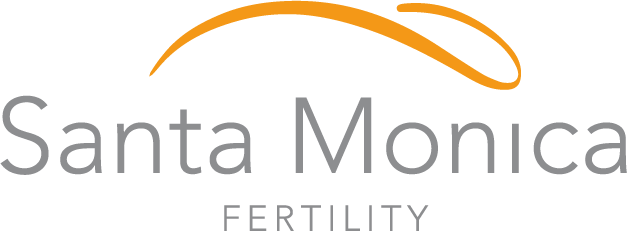Egg Quality
Egg quality decline is the most important cause of age-related infertility. Egg quality refers to the ability of the egg to create a chromosomally normal embryo. Each egg has 46 chromosomes, 23 from each parent. In order for the egg to prepare for fertilization, it must discard 23 chromosomes in order to make room for the 23 chromosomes brought by the sperm. Failure to correctly discard 23 chromosomes leads to a an embryo with the wrong number of chromosomes, medically referred to as aneuploidy.
There is no test for egg quality, but we know it to be closely correlated to age. For example women in their 20’s have a 20% chance of having a live birth with each month of timed intercourse, a rate that drops to 10% at age 40, and 1% by age 45. Tests such as Day 3 FSH, Antral Follicle Count and Antimullerian Hormone estimate the number of eggs that remain in the ovary, called the ovarian reserve, and correlate to the number of eggs a woman may produce when stimulated with hormone injections. None of these tests measure egg quality.
Estimates of egg quality and ovarian reserve can be used to set reasonable expectations and determine the best course of treatment but do not absolutely predict whether a pregnancy will occur. For this reason, I often recommend patients commence treatment in order to see individual response. The recruitment of even 2 to 3 egg follicles can lead to pregnancy.
If a chromosomally abnormal embryo becomes a pregnancy, it will most likely miscarry. Embryos can also be tested for chromosomal abnormalities prior to embryo transfer using Preimplantation Genetic Diagnosis.

 company
company
Leave a Reply